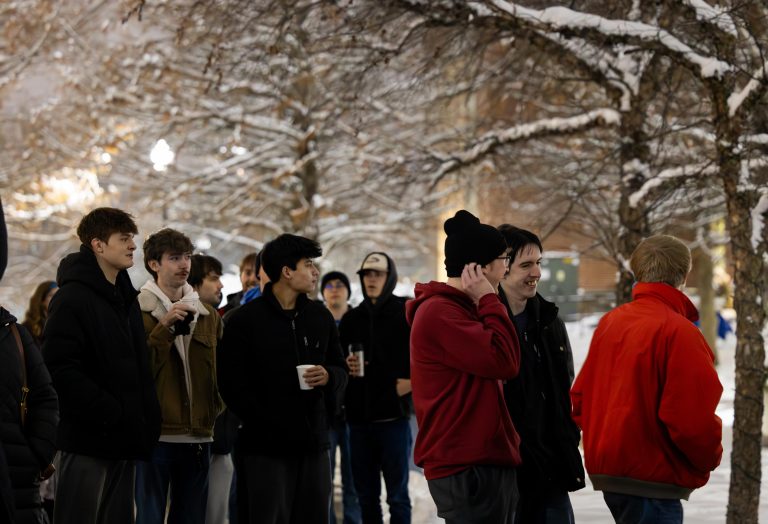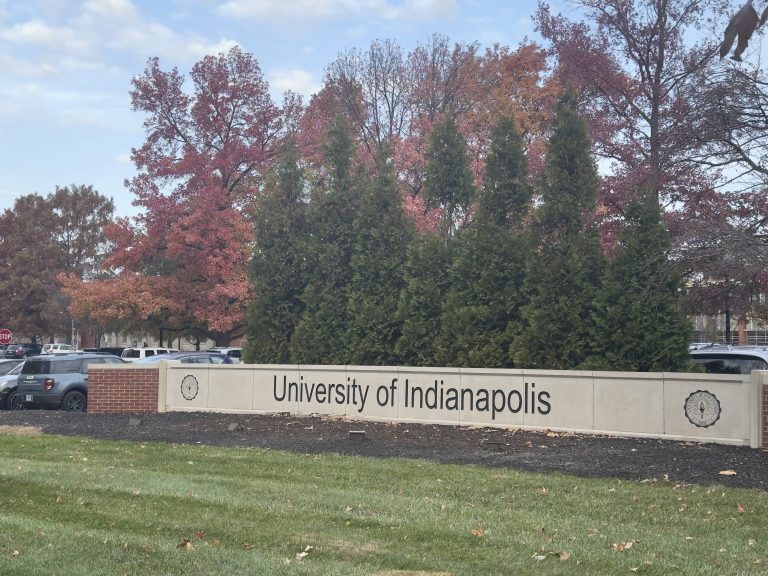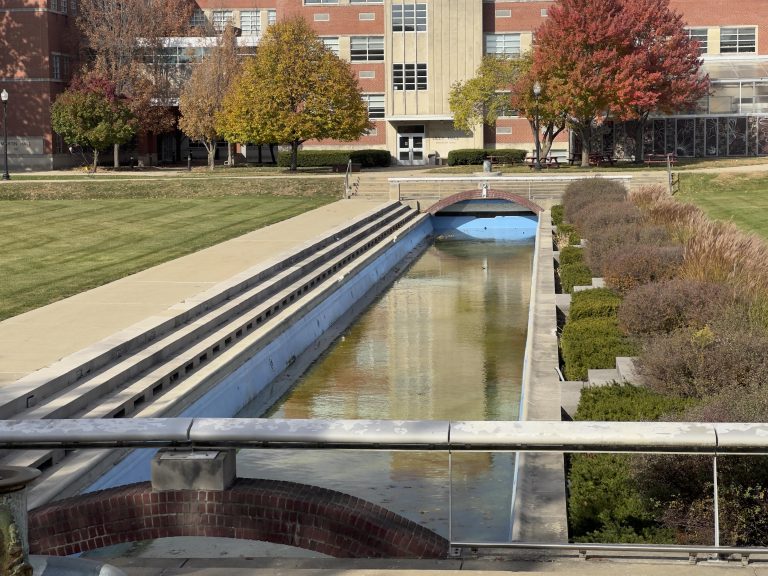The Community Health Network received a $2.5 million grant in conjunction with the University of Indianapolis in hopes to revolutionize outpatient nursing care. As a contractor with CHN, UIndy will benefit from this grant in developing a nursing minor, which is the first its kind and distinguishes UIndy from other schools in the United States, according to Dean of the School of Nursing Norma Hall.
“Our particular piece of the grant is to develop a primary ambulatory minor within the nursing specialty. That is something that is really new and unique in nursing education,” Hall said. “It’s literally never been done anywhere, in any nursing program, anywhere in the United States. The whole purpose is to prepare nursing students for when they exit the program to be versed in primary and ambulatory care settings.”
Hall said that this minor will aid nursing students in staying up to date on recent trends in healthcare and the push toward outpatient treatment and care. She said this program will give UIndy students an experience outside of the traditional hospital setting that students from other schools may not have.
“Historically, nursing students have been prepared to work in acute care settings, so you’re talking about primarily hospitals. So this is a very different shift, and it really goes along with how healthcare is changing nationally,” Hall said. “There is been a push in recent years to do more and more things outpatient. It’s a cost effective way of managing health care. Not only that, but people would rather be at home than in the hospital. So, with that in mind, we need to start looking at putting nurses in positions outside of the hospital. We need to be able to educate them to take on those positions.”
According to Hall, there is a whole new curriculum in the works that will alter current course and add new courses specific to the minor. Students taking advantage of the new minor will also be required to do additional clinical hours in outpatient services, provided by CHN.
“The type of setting you would see [in the nursing minor clinicals] would primarily be physicians offices,” Hall said. “At most physicians offices there are usually a medical assistant or a licensed practical nurse, which has a little less education than a registered nurse. So the goal is to prepared registered nurses to work in that environment. The other types of places you would see would be rehab facilities, free standing outpatient centers and anything that you would not actually be entering a hospital for service.”
Junior nursing major Annie McCall said that her current experience in the nursing program has revolved mainly on hospital and assisted living care. She said that giving students the opportunity to have more experience in outpatient care will allow them to see new settings that they might want to work in, opposed to the normal hospital environment and allow them to be of more interest to those employers upon graduation.
“Having more outpatient experience will allow students to get a better idea of how the settings differ and what they might be interested in when they graduate. Outpatient care has a much faster turnover than inpatient care, so seeing this in a clinical setting will help them [nursing students] adjust better in the real world,” McCall said.
“When patients come in for something like wound care or a simple surgical procedure, like a colonoscopy, the time a nurse spends with their patient is shorter, so the time they have with them to answer questions the patient might have and provide patient education is really important.”
McCall said she has done a number of hours of clinicals and works at IU Health West Hospital, and has seen the importance of shifting to heavier outpatient care. Though she is focused on working in a traditional hospital setting, McCall said that she has felt the needs of the patients sometimes are better suited outside of the hospital. She said that keeping patients in the hospital restricts them from regaining normal activity levels. When patients spend too much time in bed, they may struggle to get better, or even weaken because of poor muscle tone, skin breakdown and other factors involved with inactivity.
“Hospitals are trying to encourage patients to work through the pain as best they can to prepare them for returning home or transferring to a rehab facility within 24-48 hours, unless there’s a major issue,” McCall said. “I think this is a great shift to see because it helps the patient stay healthier and more independent instead of causing them to need more time with PT [physical therapy] or OT [occupational therapy].”
Hall said that she sees other colleges and universities adapting this type of specialized education for their pro- grams, as it gives students more experience in areas they might be working and to help them stay current on the needs of the healthcare industry.
As technology increases, Hall said that UIndy will continue to change the curriculum to meet the needs of nurses when they graduate.
“I think we’ll have to more training in those outpatient services, or else people won’t be prepared to work where the jobs are,” Hall said. “I think ultimately you’re going to see the type of patients in hospitals has already started changing… I think it is going to put them in a great position to be able to negotiate because no one else is doing this. To be able to say that you have a minor in nursing, which no one has ever had anywhere, is going to give students a huge edge in being able to negotiate a job. I absolutely think other schools will start doing this. It’s just about keeping the curriculum up to date with what is going on in healthcare.”






